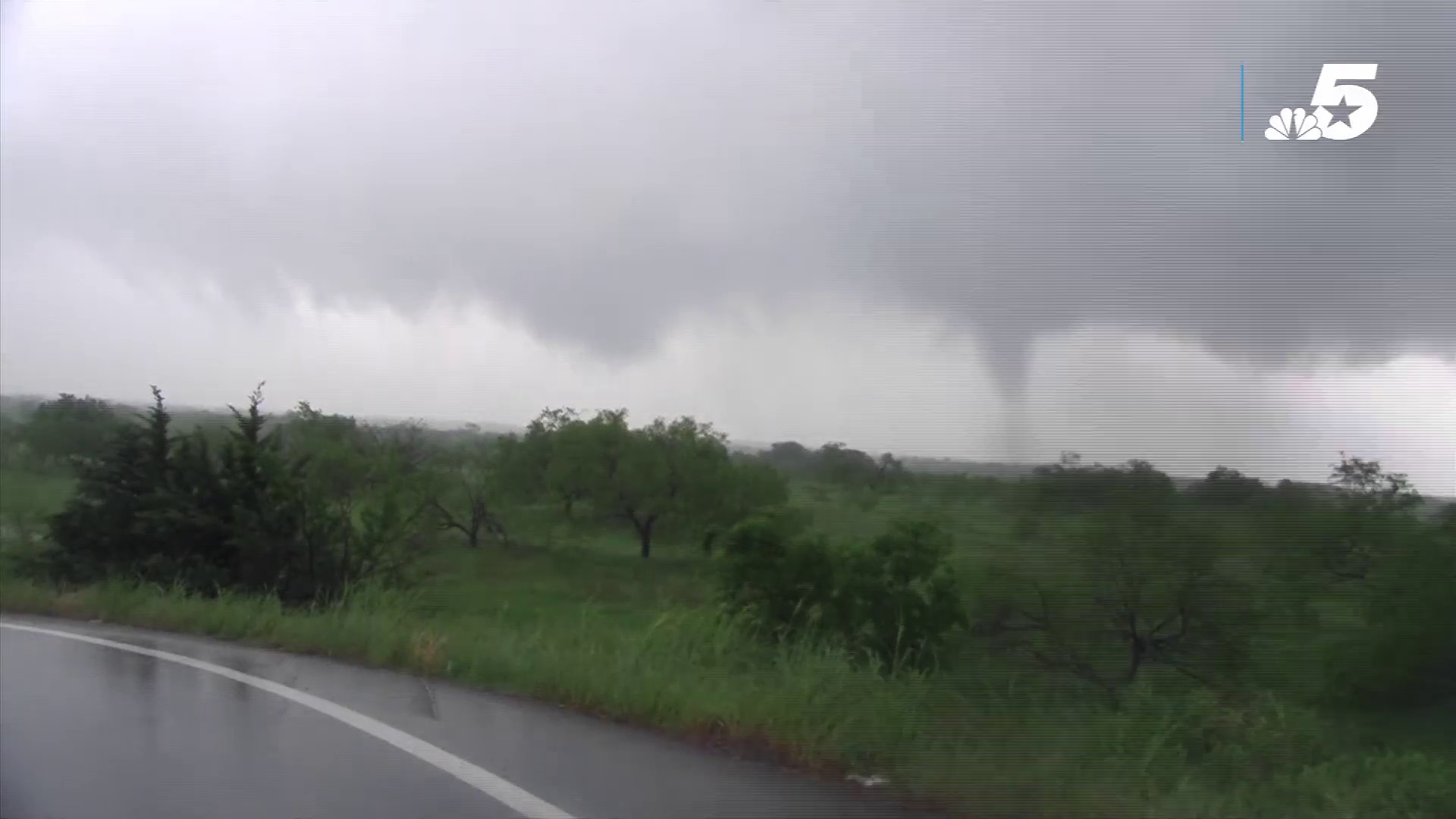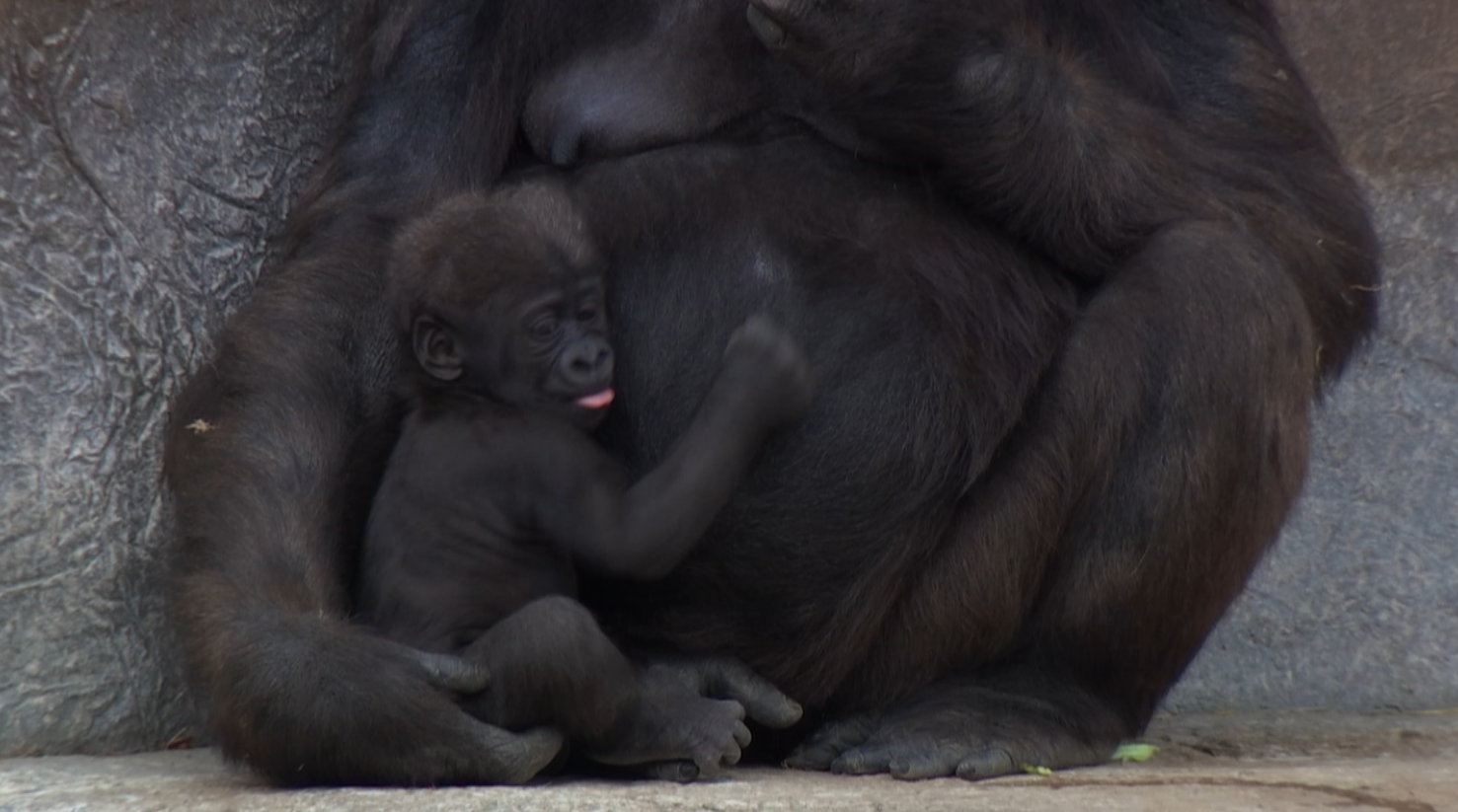Tuesday was the second day of testimony in the trial of fired Mesquite police officer Derick Wiley.
Wiley is charged with aggravated assault with a deadly weapon by a peace officer for the November 2017 shooting of Lyndo Jones.
Wiley’s first trial September 2018 ended with a mistrial. The second trial began Monday.
Then-Dallas County District Attorney Faith Johnson said she supported trying the case again. But it was new D.A. John Creuzot who opted for a second tiral.
The hung jury consisted of eight jurors in favor of a "not guilty" verdict, four for "guilty."
Jones took the stand briefly on Tuesday after being cross-examined by Wiley's defense attorney for more than six hours on Monday.
Much of trial has been spent on Jones' background including his admitted drug addiction, education, work and what he had been doing prior to being shot by the officer.
Wiley's defense contends, had Jones simply complied with the officer's orders and not resisted arrest, we would not be here today.
"After you looked at the [police body camera] video that's what you were thinking about. You wish then that you had done things differently, right," asked defense attorney Glynis McGinty.
Local
The latest news from around North Texas.
"No," Jones responded.
The 32-year-old insists he did nothing wrong that evening.
Jurors also heard the initial 911 call reporting a suspicious person at a business in Mesquite.
"There's a gentleman in our parking lot that doesn't belong here," the caller says to the operator. "He's in a truck that keeps setting off the alarm, the lights are blinking, he's out of the truck behaving erratically. Something's not right here."
That man was Jones.
He admits he had parked in the near-empty parking lot to get high on marijuana and cocaine when bright white lights and a screaming man approached him.
Wiley's body camera and dash camera were rolling as he approached the truck, immediately screamed at the driver to get out or threatening he would be shot.
Wiley orders Jones to the ground, at times yelling profanities.
Wiley is heard telling dispatch there is a car burglary in progress, although Jones was the owner of the truck.
The estimated 56-second encounter shows Jones on the ground with Wiley on top of him applying pressure to Jones' back.
Pressure, Jones said, caused him so much pain he chose to turn over and get up to run away.
Jones is seen taking some steps then turning slightly back toward the officer with his hands moving in an upward position as he pleads not to be shot.
Wiley then shoots Jones twice in the back.
Wiley calls for backup and an ambulance, but continues to hold the injured man at gunpoint, threatening to shoot again if he moves.
When other officers arrive, one places Jones in handcuffs.
Dr. Kara Monday, of Baylor Hospital, treated Jones that evening.
She testified she found it odd that Jones had been brought into the hospital lying face down with his hands cuffed behind his body.
Monday testified Jones was calm and not combative.
The trauma surgeon showed the gunshot wounds Jones suffered on his back – one near his upper spine and the other near his waist.
Monday said the two wounds could've killed Jones as they were near vital organs.
Jones, she said, also suffered fractured ribs. But the doctor could not say that the officer's force caused the injuries.
Jurors also saw how other Mesquite officers responded to investigate one of their own.
"My mindset was that this was not a good situation," testified Brent Ehrenberger, a Mesquite police officer leading the investigation.
At one point a sergeant is seen tapping on Wiley's body camera instructing him to turn it off.
Prosecutor Bryan Mitchell asked why that happened and if it's standard procedure to ask an officer to have their body camera stop recording.
"When there's no need, no further evidentiary value to it, you can turn it off," said Ehrenberger.
"How do you know there's no more evidentiary value to be gained," questioned Mitchell.
"I don't," Ehrenberger admitted. "With the exception that [Wiley] had removed himself from that active scene."
Wiley is expected to take the stand in his own defense, as he did in the first trial, possibly as early as Wednesday.
The state may rest its case late Tuesday or early Wednesday.
If Wiley is convicted of aggravated assault, he faces five to 99 years in prison.
Jones has a pending civil lawsuit against Wiley and the City of Mesquite.
Wiley has appealed his firing from the police department.



